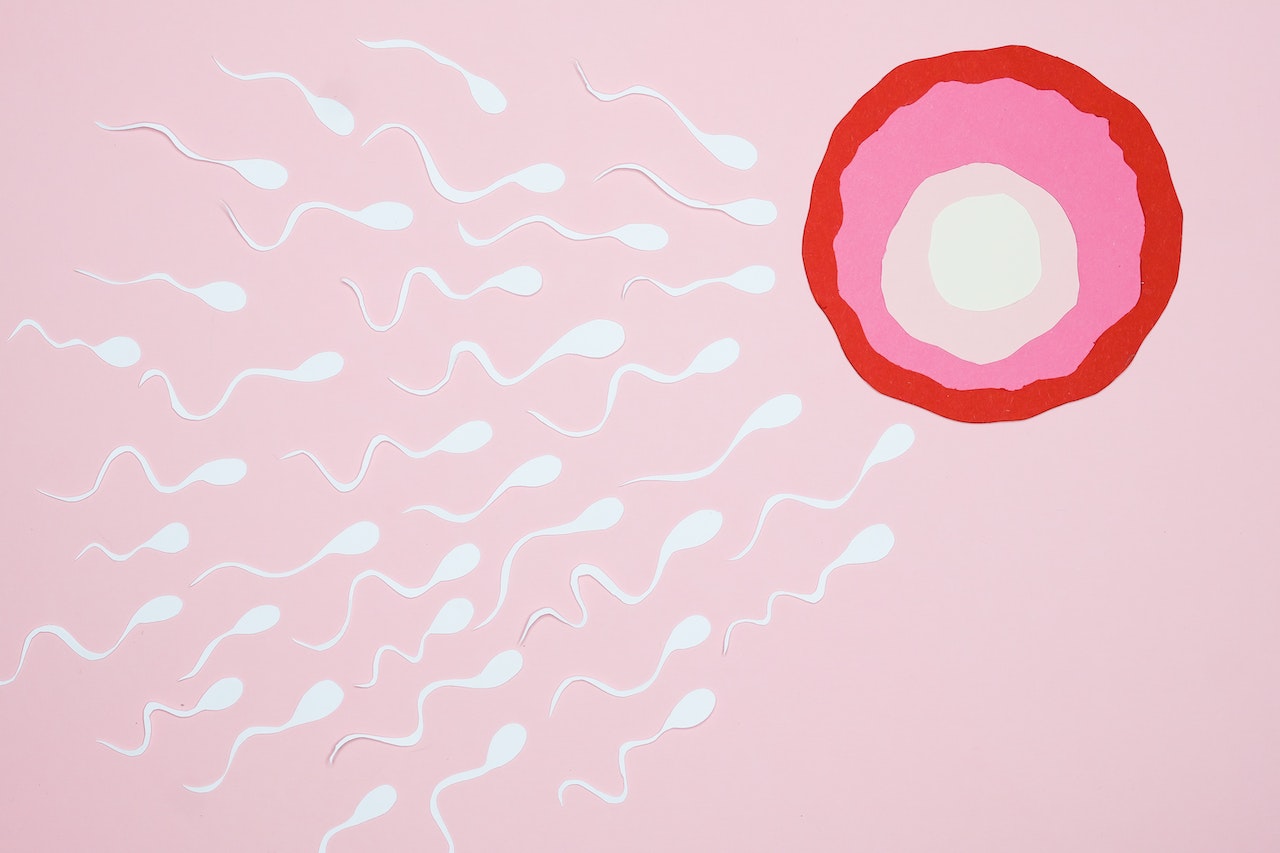Tips That May Boost Fertility
The decision to start a family is a big decision that usually comes with a lot of thought and consideration.
Author:Katharine TateReviewer:Karan EmeryDec 12, 2022131 Shares2K Views

The decision to start a family is a big decision that usually comes with a lot of thought and consideration. Many women choose to wait for just the right time to start their family, while others decide that starting a family at a young age is what makes the most sense. Before you start trying to conceive, you should take the proper steps to make sure your body is ready to increase your chances.
Reach a Healthy Weight
Being overweight or underweight can make it hard for some women to conceive. If you’re planning on starting a family shortly, it could be a good idea to try reaching a healthy weightbefore you start trying to conceive. An ideal range for your BMI to be in is 18.5 and 24.9. Not only will a healthy weight increase your chances of getting pregnant, but it’ll also increase your chances of staying healthy throughout the pregnancy.
An overweight or underweight woman can still conceive, while others may struggle. Overweight women are still likely to ovulate, but there’s a chance the quality of their eggs is reduced. If you’re struggling with your weight but would love to start a family, the first step would be to make the necessary lifestyle changes to get to a healthy weight first.
Monitor with an Ovarian Reserve Test
When you start trying to conceive, it can help to take an ovarian reserve test. This test can tell you a lot of things, such as telling you about your viable number of eggs and how that compares to other women your age. It can also help you rule out the possibility of having hormonal imbalances that can have an impact on your menstrual cycle.
Results from this type of test should ideally be around 0.7 and 5.0, and anything above 5.0 could indicate the presence of Polycystic Ovary Syndrome. The good news is that you can take this test from the comfort of your home, and it’ll test for different things such as your follicle-stimulating hormone or FSH.
Reduce Your Stress Levels
Trying to start a family can be a stressful time for anyone, even those that feel the most prepared. The feeling of uncertainty and hope after intercourse and the dreaded waiting to take a test can have anyone feeling on edge. Stress alone may not be the leading culprit behind not getting pregnant, but it can have a negative impact. Too much stress when trying to conceive can lead to you getting too little sleep or too much sleep, it can make you drink too much caffeine or drink too many alcoholic drinks, and it can make you lose your interest in sex. If you feel like you’re stressed, try some self-care methods to help you relax more, such as spending time on a hobby you enjoy, meditating, reading a book, or going outside for a walk in the sun.
Cut Out Bad Habits
Certain habits, such as smoking, drinking, and drug use, can have a major negative impact on your ability to get pregnant. If you’re serious about wanting to start a family, you should work hard on making the lifestyle changes necessary to get rid of your bad habits for good. Other things, such as working out too hard, eating an unhealthy diet, and being exposed to toxic chemicals, can also reduce your chances of getting pregnant. If you’re having a hard time cutting out bad habits, it may be better to work with a professional rather than trying to cut everything out all at once.
Eat a Balanced Diet
A healthy and balanced diet can increase your chances of getting pregnant. There are specific fertility diets you can follow to help you along with the process. They’re mostly centered on avoiding trans fats, consuming more plant-based proteins, increasing your iron intake, and sticking to whole grains high in fiber.

Katharine Tate
Author

Karan Emery
Reviewer
Latest Articles
Popular Articles